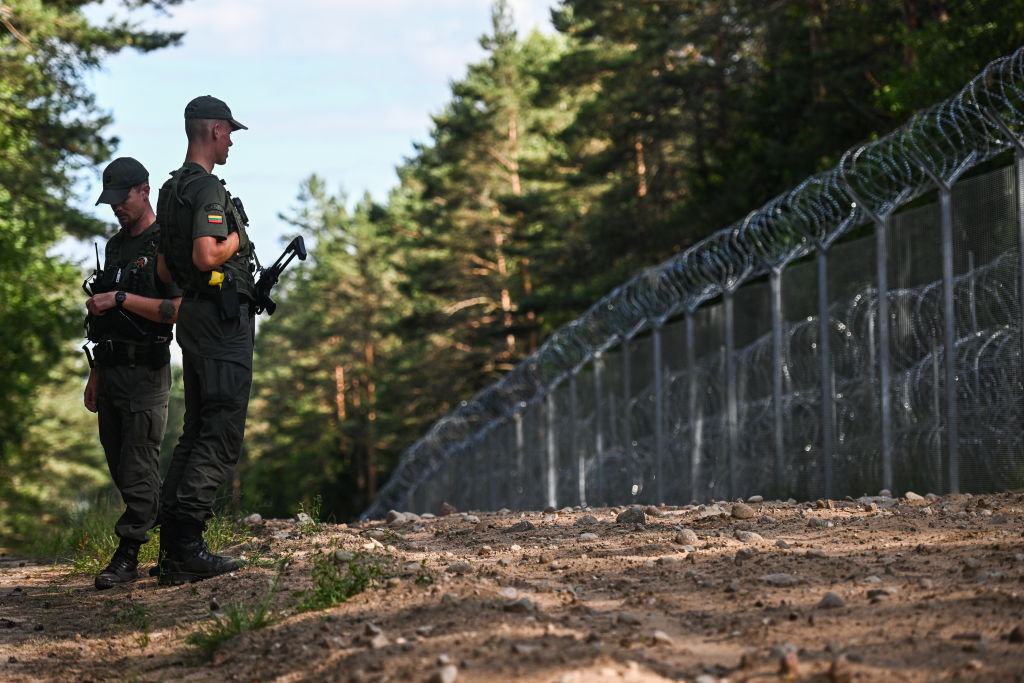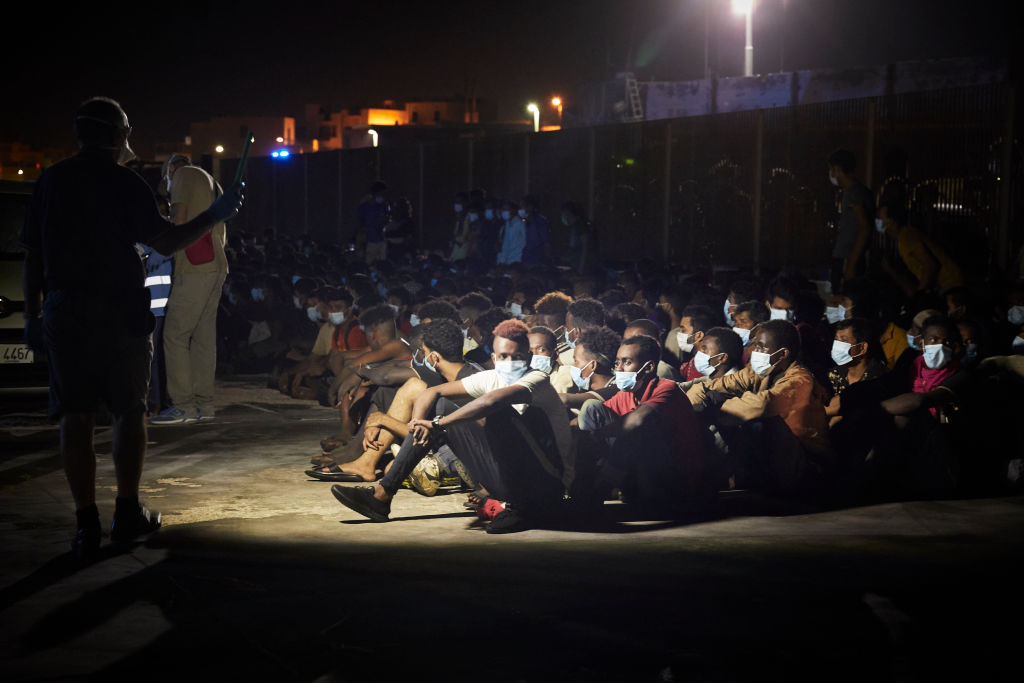Hundreds of migrants, up to 480 per day, were trafficked into the European Union, mostly ending up in Germany and the Netherlands, via the Balkan route, authorities have disclosed on August 7.
A major cross-border investigation led by Germany’s Weiden Public Prosecutor’s Office, in conjunction with the Federal Police Crime Inspectorate in Munich, Europol, Eurojust, and law enforcement agencies in the Netherlands and Bosnia-Herzegovina, has exposed a well-oiled Syrian smuggling network that has allegedly pocketed millions in human trafficking profits.
Five individuals were arrested on August 7, and mobile phones, vehicles, and even small quantities of drugs were seized.
But investigators believe these arrests may only scratch the surface.
Surveillance and broader intelligence suggest the real scale of the operation is far greater than official figures admit, with potentially thousands more migrants brought in under the radar.
Officials estimate the gang could move up to 480 people per day, especially at the height of operations around 2022.
Migrants reportedly paid between €2,500 and €4,500 per head, depending on the route and risk level.
From 2022 to 2025 alone, the group is believed to have generated at least €1.4 million.
The authorities say that the estimates suggest the true profits may be closer to €10 million.
Reacting to the revelations, Dutch right-wing leader Geert Wilders issued an urgent call for border control.
“This must happen NOW: intensive checks at our national borders, no one else allowed in, and Syrians back to Syria!” the PVV party leader said on X.
Recently, Germany announced it would extend border controls as the country plans to deport more rejected asylum seekers with a criminal record.
Germany will push on with temporary border controls beyond a September deadline as it cracks down on irregular immigration, Interior Minister Alexander Dobrindt has said. https://t.co/jjcGb0foOf
— Brussels Signal (@brusselssignal) August 7, 2025





